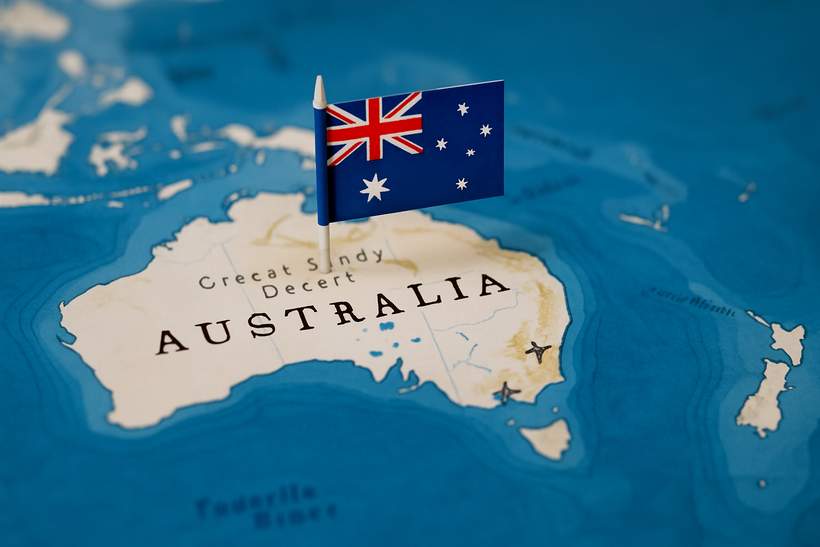Offshore Gambling Sites Exploit Vulnerable Australians on Self-Exclusion Lists

Targeting Vulnerable Australians on Self-Exclusion Registers
Despite legal restrictions on offshore gambling operators in Australia, some foreign companies continue to lure individuals who have voluntarily excluded themselves from gambling sites back into betting. These companies collaborate with third-party websites to reach vulnerable gamblers, often those on self-exclusion lists designed to help them manage addiction.
How Offshore Sites Operate Despite Bans
Although offshore gambling is prohibited in Australia, certain websites—sometimes with names referencing Australian cities—promote overseas gambling platforms, mainly licensed in Curaao, a Dutch Caribbean jurisdiction. These websites earn commissions when visitors follow their betting recommendations and register with these foreign operators.
Alarmingly, these promotions sometimes target people who have self-excluded but may be tempted to resume gambling early. Many affiliate sites openly disclose their financial relationships with gambling operators, including commissions they receive. To lift self-exclusion in Australia, individuals must provide a legal declaration confirming that they have received professional counseling.
The national self-exclusion program, BetStop, protects registered problem gamblers by blocking access to all licensed domestic online and telephone wagering providers. With over 45,000 participants, BetStop does not extend to offshore providers, leaving a gap that foreign operators exploit. Although offshore companies cannot legally advertise to Australians, affiliate marketers face no effective restrictions when promoting gambling services for payment.
Concerns Raised by Regulators and Advocates
Australia’s media regulator, the Australian Communications and Media Authority (ACMA), has expressed serious concerns about affiliate marketers promoting illegal gambling services. The targeted enticement of people listed on BetStop is new and considered a harmful tactic. ACMA describes this behavior as opportunistic and undermining the intended purpose of the national self-exclusion scheme.
Academic researchers like Nerilee Hing of CQUniversity, who studies gambling industry marketing, characterize this targeting as predatory. She emphasizes that current regulations lack the scope to effectively monitor or stop affiliates, whether they represent domestic or offshore companies.
Leaders in gambling reform like Martin Thomas, chief of the Alliance for Gambling Reform, call this exploitation deeply alarming and believe the government should take it very seriously. They warn it threatens the integrity of BetStop, which is heralded as a major step in Australian gambling reform.
Kai Cantwell, CEO of Responsible Wagering Australia, representing major regulated bookmakers, supports strengthening ACMA’s authority. He advocates for enabling the authority to block websites that promote offshore gambling, disrupt their financial links, and dismantle affiliate networks that lead vulnerable individuals to harmful gambling.